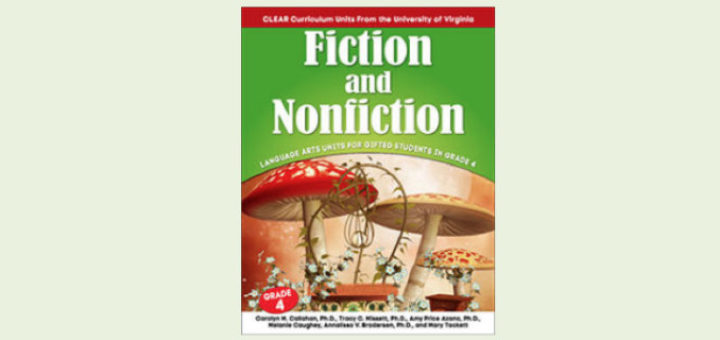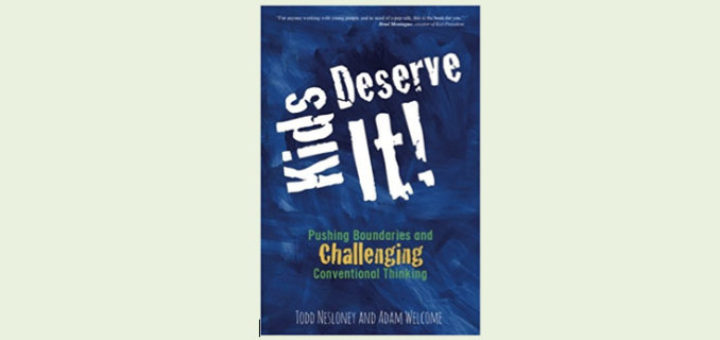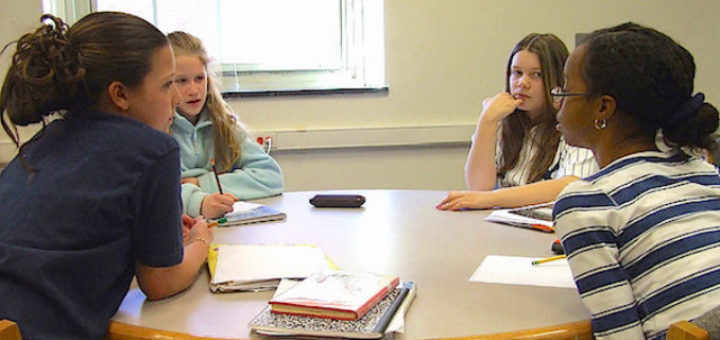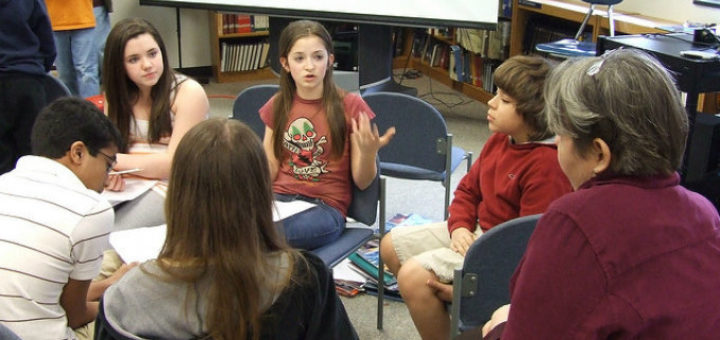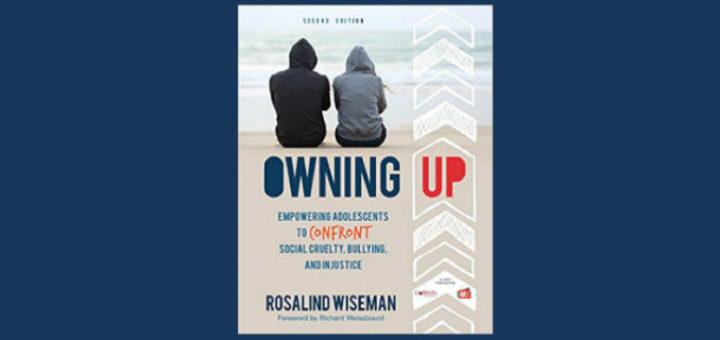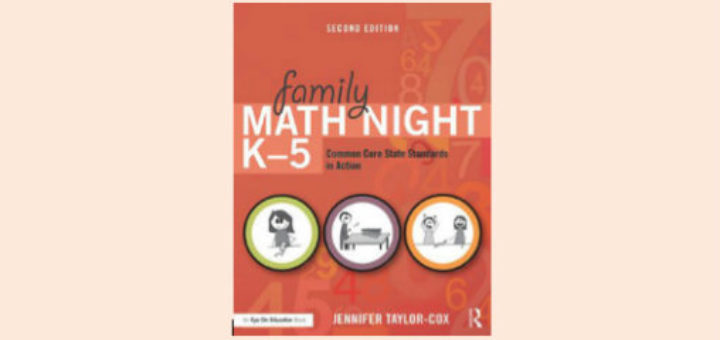Teaching and learning in grades 4-8
So often we miss opportunities to deepen our students’ thinking about mathematics that would require just a few moments of our teacher time. Take a minute to look at these 10 simple strategies from Jerry Burkhart that transform formulaic math problems into explorations.
We know adolescents read far less than younger children. Classroom practices often don’t help, writes ELA teacher Cheryl Mizerny. By discarding strict regimes, she says, educators can increase the love of reading among tweens and teens and put the joy back into books.
This resource-rich book of comprehensive lessons is great for teachers who want to challenge 4th and 5th graders or for middle school educators looking for a way to bridge the gap from where students are to where they need to be, says ELA teacher Erin Corrigan-Smith.
Todd Nesloney and Adam Welcome offer educators ways to rethink teaching, model risk taking for students, show students they are valued, push the boundaries that hold teachers back, take care of themselves, and develop leadership at a high level, writes Laura Von Staden.
Giving students a full share of accountability for learning requires significant school leadership, say Ron Williamson and Barbara Blackburn. The goal: require students to demonstrate understanding by successfully completing key tests and assignments.
How do your students react when you ask them to work together in groups? Cheers or groans? Teacherpreneur and author Patrice Palmer shares strategies to plan ahead and avoid group project pitfalls and to help students see the benefits of working with each other.
Michelle Russell knows that listening to math talk can help students solidify their thinking and recall. Now she’s begun to realize how much improvements in her own listening skills could help her with assessment of learning. Check out the helpful resources she found.
Curtis Chandler has been guilty of ping-pong teaching that “merely bounces information back and forth between my students and myself.” Kids learn more from a volleyball approach where they work together “to set up the shot” through inquiry activities. App tips included.
The second edition of Rosalind Wiseman’s Owning Up validates the thoughts and feelings of adolescents in a non-judgmental way, invites students to understand why some are motivated to use social cruelty, and gives them tools to respond, writes teacher Amy Estersohn.
Jennifer Taylor-Cox is back with a 2nd edition of Family Math Night K-5. If that’s your idea of a good time, you’ll find everything you need to plan and present an opportunity for your students and families to enjoy learning math together, says reviewer Linda Biondi.



